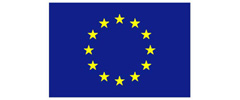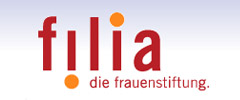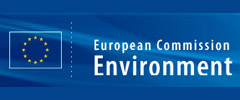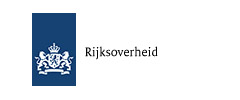Bulgaria: Water safety plans
Environmental education for teachers as multipliers for children and young people at the example of rural communities in Bulgaria
22.09.2011
| Countries: | Bulgaria |
| Donors: | Deutsche Bundesstiftung Umwelt |
| Partners: | EfE, Eco World |
| Issues: | Water & Sanitation |
| Duration: | 08/2011 - 11/2012 |
In Bulgaria, more than three Million people have no access to safe sanitation. Sanitation is especially scarce in the rural areas with pit latrines as the common sight. Often toilets are not emptied for a long time and the waste water is only thrown onto the streets and courtyards. Nitrogen and microorganisms contaminate the ground-water, polluting the environment. Safety-plans for sources of drinking water are usually ignored. The general population is often unaware of the interconnections of the quality of the water, sanitation, hygiene, fertilising and health.
The World Health Organisation (WHO) has developed the innovative tool of Water Safety Plans, WSP to ensure the quality of water-systems, including small wells and small-scale local centralised water-supply systems. This allows to minimise the health risks. In those WSPs the civil society is of crucial importance, besides the authorities and the local suppliers.
The project is in line with the EU-directive which aims at educating and training young people on (waste) water cycle, protection of water resources and sustainable water usage. The training is supposed to be structured and practical.
Activities:
- Preparing WSP materials, such as reworking and adjusting the WSP teaching materials for teachers and pupils; Translation of the documents into Bulgarian.
- Training of teachers about realizing the project and development of WSP together with pupils, young people, and the local population.
- Implementation of the WSP modules in cooperation with local partners. Identification of drinking water problems with the participating schools.
- Publicity work, awareness raising and planning of actions to increase the water quality and minimise the risks.
- Presentation of results in seminars, media and local fairs.
See the German website for a more extensive report on this project.
Contact: Friedemann Klimek friedemann.klimek@wecf.eu
Related News
Meet the Winners of the Gender Just Climate Solutions Award at COP24
On the 70th anniversary of the Universal Declaration of Human Rights, we awarded Gender Just Climate Solutions Winners at the climate negotiations in Katowice, Poland
11.12.2018
Invitation: Gender Just Climate Solutions Award 2018
10 December, COP24 Katowice
04.12.2018
Getting to the Future We Want
4-7 November, Brussels: European Environmental Bureau’s (EEB) Annual Conference
12.11.2018
GoodFood4All
WECF and partners all over Europe start GoodFood4All Campaign
06.11.2018
#Ruralwomen: join our Women2030 campaign!
15.10.2018
Lack of trustworth information is a barrier to chemicals & product related decision-making
8-9 October, Geneva: short report of the meeting of the Aarhus Convention’s task force on public participation in decision-making
12.10.2018
Congratulations Sascha!
Named thirty-third most influential sustainability fighter in the Netherlands
08.10.2018
The Netherlands in the next gear - Adopt an SDG Live!
WECF and Building Change organised the event “The Netherlands in the next gear – Adopt an SDG live” on 27 September in the Koorenhuis in The Hague
02.10.2018
Human Biomonitoring for Europe
Vienna, 26 September: stakeholder forum
28.09.2018













































